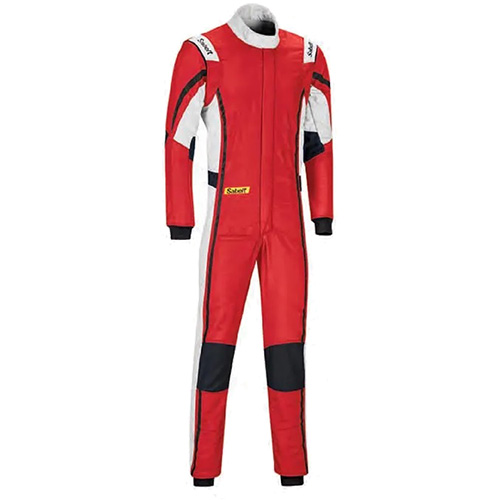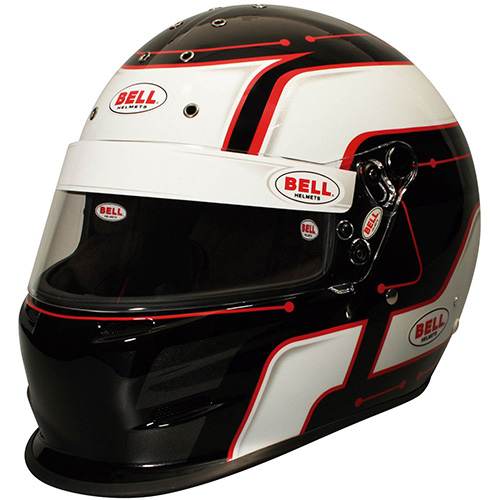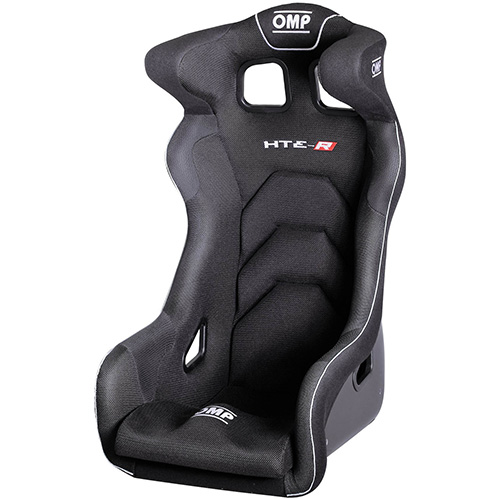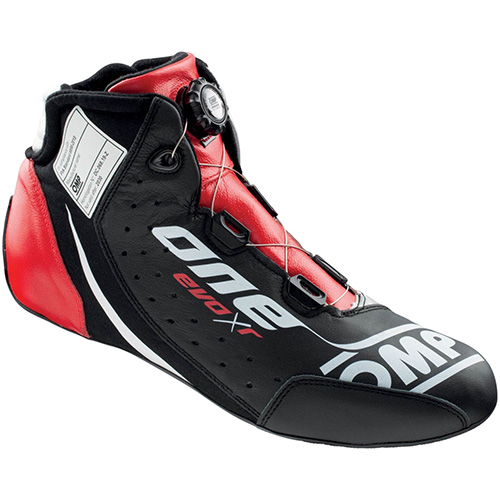Quick Drive: 2011 Hyundai Genesis Coupe 3.8 Track
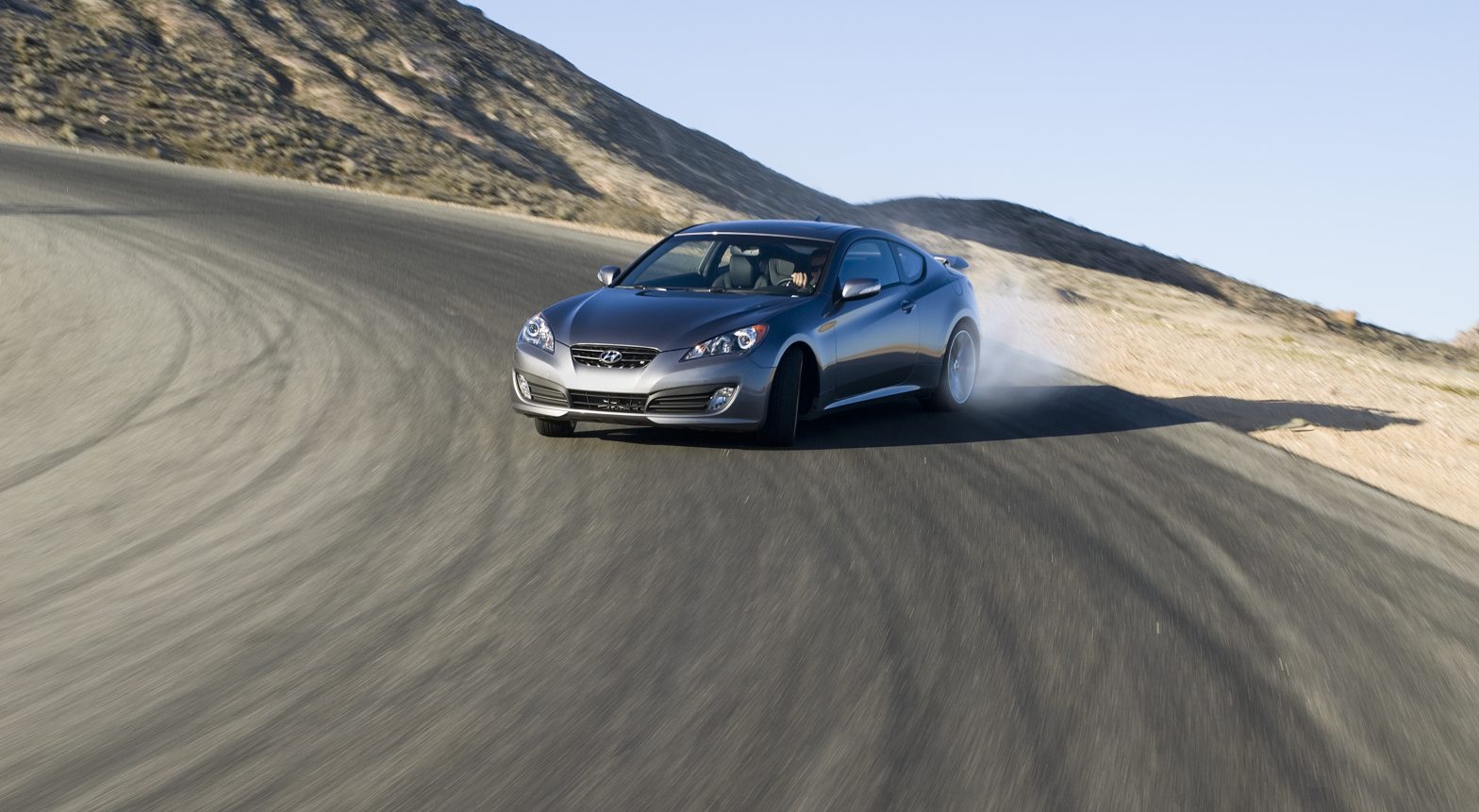
This is a 306-horsepower, rear-wheel-drive, Korean muscle car. I know, it’s crazy. But it’s also very good. The Genesis Coupe packs a 3.8-liter V-6 that, besides the aforementioned 306 ponies, produces 266 pound-feet of torque, which for those keeping track at home puts it squarely in the range of the V-6 derivatives of the Ford Mustang (305 horsepower, 280 pound-feet of torque) and Chevrolet Camaro (312 horsepower, 278 pound-feet of torque).
And that 3.8-liter pulled. While not as maniacal as Nissan/Infiniti’s 332-horsepower, 3.7-liter, VQ37 V-6, the Hyundai was quick enough to get you from point A to point B with a stopover in trouble along the way. Power was abundant, and the engine was quick to rev all the way to its 6300-rpm horsepower peak. The fun of the 3.8 was lessened somewhat by an unruly transmission and clutch. I found the gearbox to be too notchy, with the throws requiring more effort than seemed necessary or reasonable. The clutch was overly light and grabby, and when combined with the quick throttle response from the engine, I found myself looking a bit of a fool during my first few outings.
The thing that really set the Genesis apart from the muscle car competition was its weight. The Genny tipped the scales at 3389 pounds, which is approximately 64 pounds lighter than the Mustang and 352 pounds lighter than the Camaro. While the differences in acceleration were negligible compared to the Ford, and slightly better than the chubby Chevy, the Hyundai really excelled when it came to handling.
You can really chuck the Genesis into corners. The overall balance was quite good, with lateral movement and squat-and-dive feeling as good, if not better than the stuff from Ford and Chevy.
—Brandon Turkus, Fleet Manager
As much as I really do like the 2.0T version of the Genesis Coupe, every time I get behind the wheel of the V-6 car I do think, “This is more like it.” Power is strong from this engine, and it’s delivered in a linear fashion that’s reinforced by the strident, and rising sound of the exhaust note as you push the speed. This isn’t a quiet car—I’d call it “appropriately loud” in fact.
I’ll second Brandon’s notes about the disjointed manual transmission experience though, and go further to say that I just feel like the Genesis needs to go to sports car finishing school. Good handling cars can be stiff and fast-rotating without offering the choppy ride quality found here, and involving cars don’t necessarily need to jerk the steering wheel from your hands with every mid-corner road imperfection. The Track version of the Coupe makes the whole driving experience just a mite rawer than in the other trim levels, which is exactly what this car doesn’t need.
Given Hyundai stunning trajectory towards domination over the last few years, and the basic goodness (despite the rough edges) of this first generation Genesis Coupe, I’ve got high hopes that the next-gen car will be a world better.
—Seyth Miersma, Editor-In-Chief
The six-cylinder Genesis Coupe makes a great partner in crime. It is really willing to do what you ask, and it has the prowess to make it happen. Acceleration is strong and rewarding, and the rear-drive balance feels really natural. It definitely feels more caffeinated than its American counterparts.
Where the Genny really shined, for me, was in its near-telepathic communication of grip levels. It allows you to push it right to the very limit, and it will happily dip into oversteer without feeling like it’s going to turn on you. Whether it’s tight corners or longer bends, one can confidently steer the car with both the tiller and throttle without feeling like you’re rolling the wheel of fortune every time. Very rewarding, appropriately intense, and it keeps me wanting more time in the driver’s seat.
Also, the little meter that shows the current torque output is really neat.
—John Beltz Snyder, Production Editor
Pros
Better weight-to-power ratio thanks to low curb weight and strong V-6
Overall there’s a lot of road feel, through the steering wheel and the seat of your pants
The Genesis Coupe is easily coaxed into riotous hooliganism
Cons
Steering experience is rugged and jumpy over road imperfections
Gearbox is notchy, and clutch take-up could be a lot smoother
A little more refinement would make it more livable
